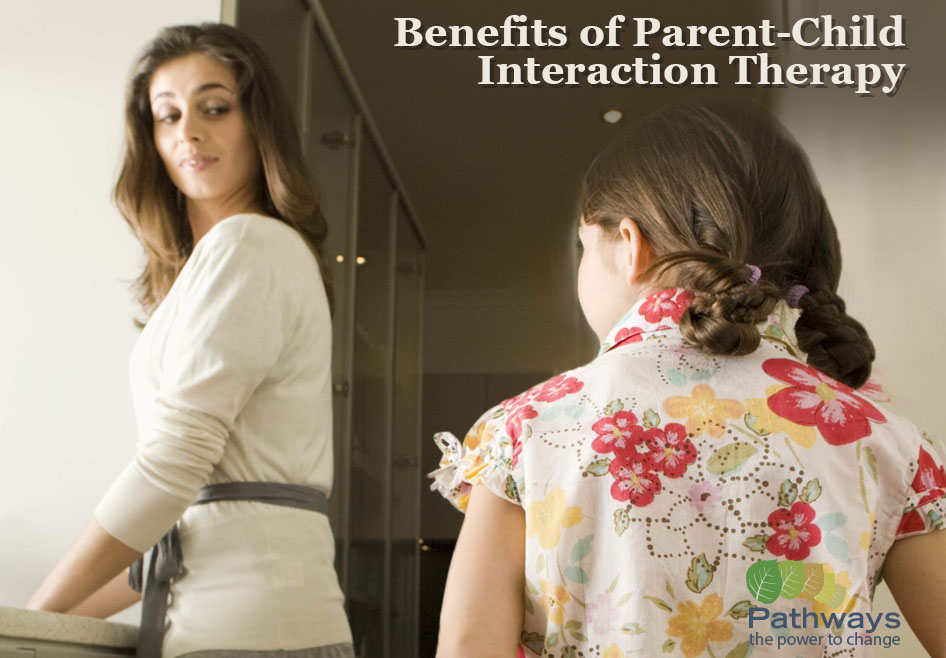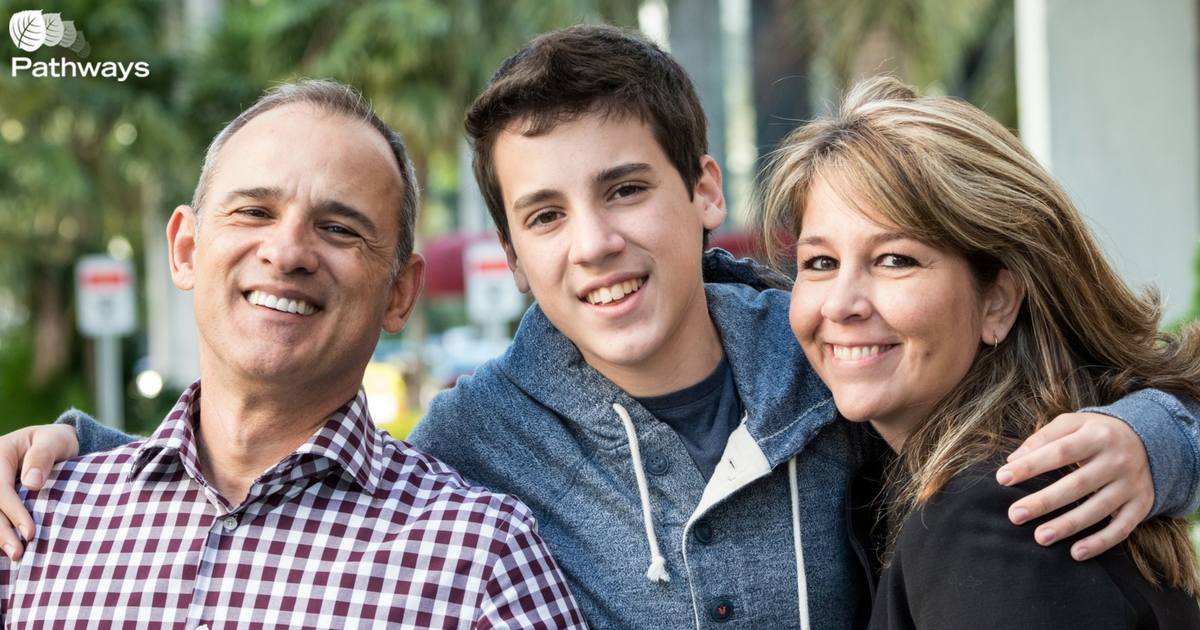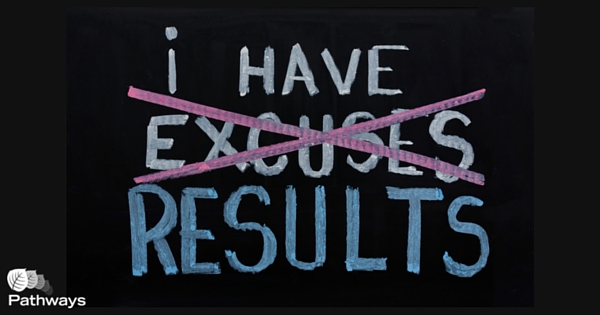
Pathways Real Life Recovery News


5 Ways to Support the Mental Health of Your LGBTQ Loved Ones
Although mental health professionals considered homosexuality a mental illness between 1952 and 1973, today's professional standards recognize queer identity as healthy and normal. While gay, lesbian, bisexual, queer and trans identity individuals are finding increased mainstream support and acceptance, as many as 65% commonly face anti-LGBTQ harassment and discrimination.
Teen Suicide Prevention
Per the Center for Disease Control more than 5,000 young people between the ages of 15 and 24 took their own lives in 2015, making it the second most common cause of death in that age group. It was also the third most common cause for people aged between 10 and 14. High teen suicide rates mean that young people of all social backgrounds and ethnicities are at risk, and these tragedies are also indiscriminate to gender. Although boys are more likely to succeed in taking their own lives, the evidence shows that girls are at least as likely to attempt to do so.

10 Tips for Parents to Prevent Teen Suicide
It is sad to lose a child and even more heartbreaking to suicide. As a child develops, it may get difficult for parents to know their feelings and thoughts. Adolescence has its high and low moments. However, a parent may not know when a teen is depressed. It's essential to learn the possible factors that could cause severe depression to your kid that they contemplate committing suicide.
Here are some tips on how you could avert your child's thoughts from suicide:
1. Avoid Ignoring Suicide Threats
Do not underestimate early suicidal signs. Teens may indulge in substance abuse or merely isolate themselves from other family members. At times, the teenager issues verbal or written statements declaring their intentions to commit suicide. As a parent, you should take them seriously.
Often, kids mulling over suicide repeatedly inform their guardians and parents about it. Scientific studies reveal that such people don't intend to kill themselves. Instead, the threats are usually a plea for urgent help and attention.
When your child starts issuing death threats, try to keep cool. Avoid displaying shock or scolding them. Spare some time to tentatively listen to your their concerns as you reassure them of your love and commitment.

Surprising Teen Drug Use Statistics
For many teens, the years between exiting high school and entering their early twenties becomes a time of experimentation and rebellion against societal expectations. Often, this experimentation includes the use of drugs and/or other intoxicating substances. But the types of drugs and frequency of usage is changing for today’s college-aged teens. Let's examine some trends in usage among this group.

Inward and Outward: How External Behavior and Addiction Are An Ongoing Cycle
What Are Externalizing Behaviors?
Externalizing behaviors are directed outward, towards our environment and the people in it – everything from our jobs, to our friends and our families, to the person standing behind us in line at the coffee shop, or the clerk ringing up the sale. Instead of expressing negative emotion or anger in a productive way that addresses the problem directly, our reactions are directed at ‘innocent bystanders” in our immediate vicinity.

Benefits of Parent-Child Interaction Therapy (PCIT)

5 Ways to Support the Mental Health of Your LGBTQ Loved Ones
Although mental health professionals considered homosexuality a mental illness between 1952 and 1973, today's professional standards recognize queer identity as healthy and normal. While gay, lesbian, bisexual, queer and trans identity individuals are finding increased mainstream support and acceptance, as many as 65% commonly face anti-LGBTQ harassment and discrimination.
Teen Suicide Prevention
Per the Center for Disease Control more than 5,000 young people between the ages of 15 and 24 took their own lives in 2015, making it the second most common cause of death in that age group. It was also the third most common cause for people aged between 10 and 14. High teen suicide rates mean that young people of all social backgrounds and ethnicities are at risk, and these tragedies are also indiscriminate to gender. Although boys are more likely to succeed in taking their own lives, the evidence shows that girls are at least as likely to attempt to do so.

10 Tips for Parents to Prevent Teen Suicide
It is sad to lose a child and even more heartbreaking to suicide. As a child develops, it may get difficult for parents to know their feelings and thoughts. Adolescence has its high and low moments. However, a parent may not know when a teen is depressed. It's essential to learn the possible factors that could cause severe depression to your kid that they contemplate committing suicide.
Here are some tips on how you could avert your child's thoughts from suicide:
1. Avoid Ignoring Suicide Threats
Do not underestimate early suicidal signs. Teens may indulge in substance abuse or merely isolate themselves from other family members. At times, the teenager issues verbal or written statements declaring their intentions to commit suicide. As a parent, you should take them seriously.
Often, kids mulling over suicide repeatedly inform their guardians and parents about it. Scientific studies reveal that such people don't intend to kill themselves. Instead, the threats are usually a plea for urgent help and attention.
When your child starts issuing death threats, try to keep cool. Avoid displaying shock or scolding them. Spare some time to tentatively listen to your their concerns as you reassure them of your love and commitment.

Surprising Teen Drug Use Statistics
For many teens, the years between exiting high school and entering their early twenties becomes a time of experimentation and rebellion against societal expectations. Often, this experimentation includes the use of drugs and/or other intoxicating substances. But the types of drugs and frequency of usage is changing for today’s college-aged teens. Let's examine some trends in usage among this group.

Inward and Outward: How External Behavior and Addiction Are An Ongoing Cycle
What Are Externalizing Behaviors?
Externalizing behaviors are directed outward, towards our environment and the people in it – everything from our jobs, to our friends and our families, to the person standing behind us in line at the coffee shop, or the clerk ringing up the sale. Instead of expressing negative emotion or anger in a productive way that addresses the problem directly, our reactions are directed at ‘innocent bystanders” in our immediate vicinity.
GET HELP TODAY
Complete This Contact Form
or Call (801) 895-3006
To Schedule a Free Assessment
"*" indicates required fields
CONTACT
Pathways Real Life Recovery
230 W Towne Ridge Pkwy
Suite 150
Sandy, UT 84070
Phone: 801.509.9442
Email info@pathwaysreallife.com
